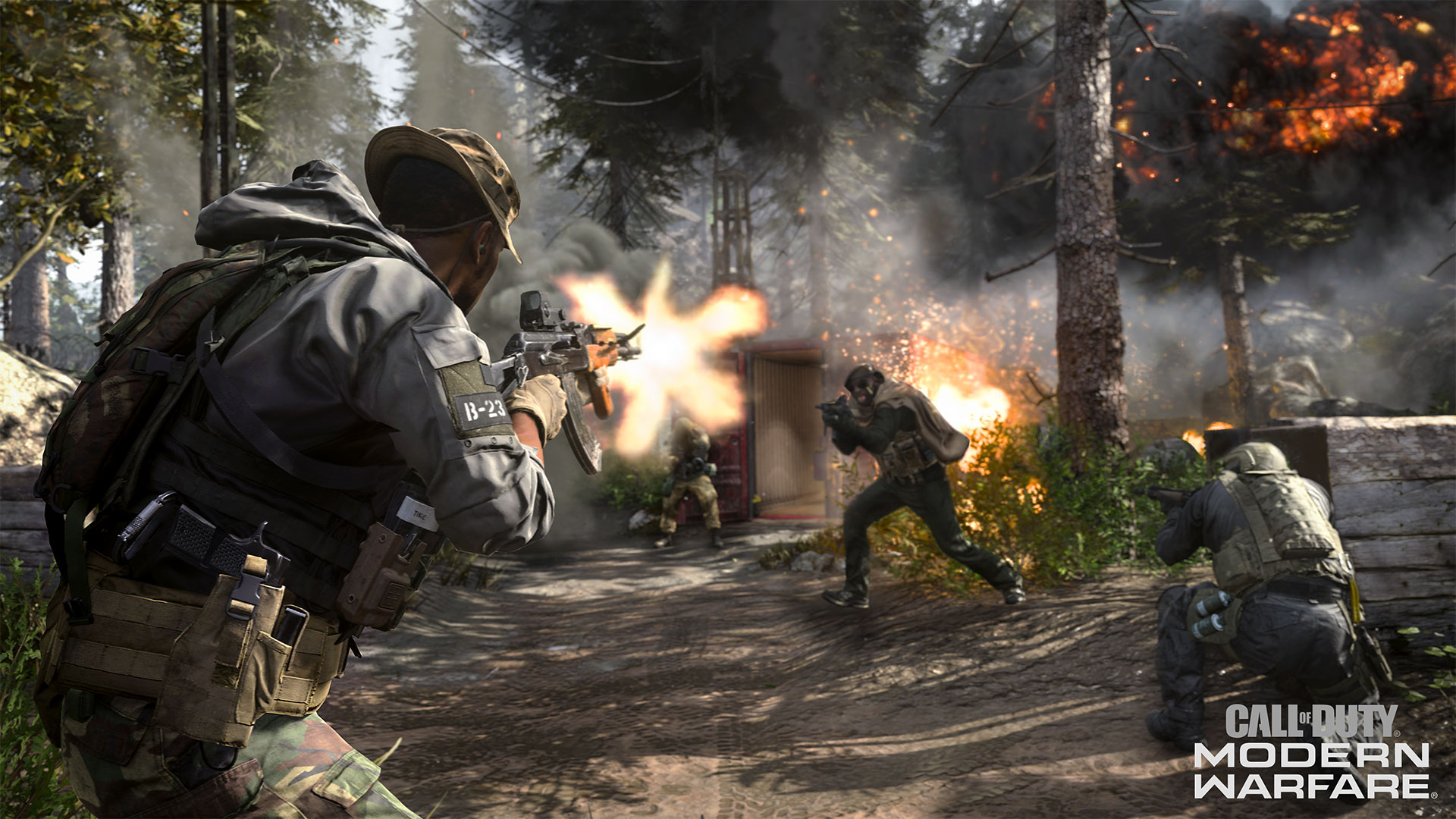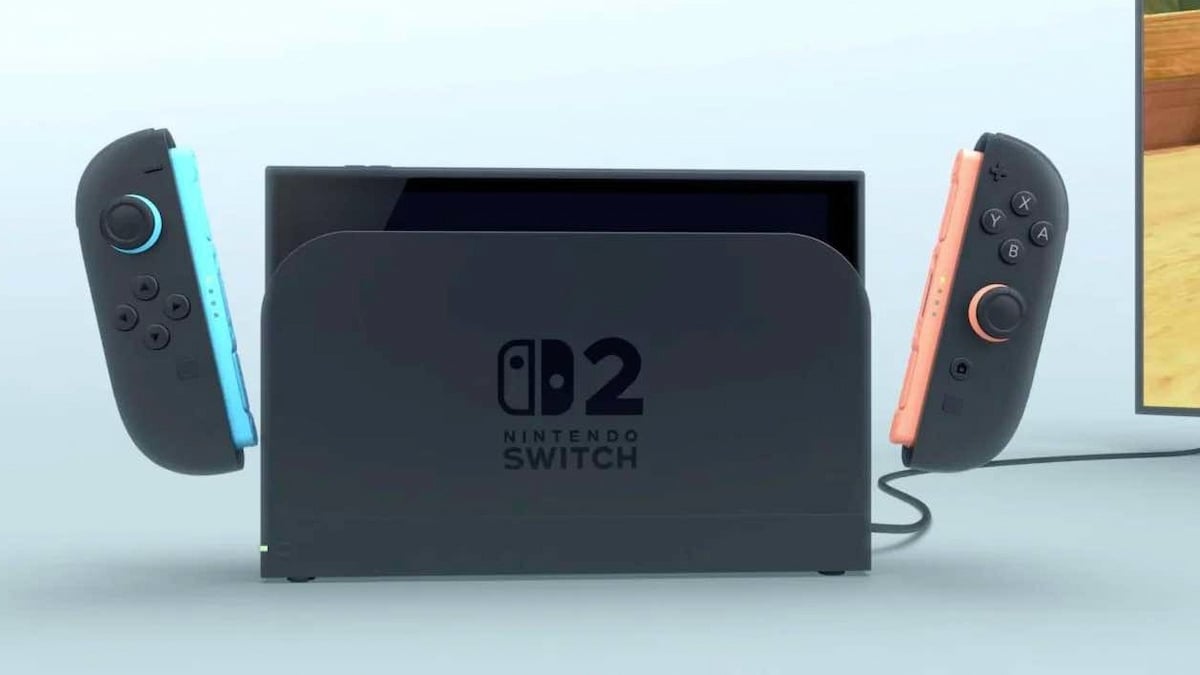More than 20 years ago, in the aftermath of the Columbine High School shooting, researchers began to dig into the link between the shooters’ motives and DOOM, a video game they frequently played. DOOM, published in 1993, was a trendsetter in first-person shooting games, and initial research came back that linked these games to “more aggressive” behavior among adolescents.
Now 20 years later, with the nation reeling from two mass shootings within hours of each other, video games have been blamed again. In a press conference on Aug. 5, President Donald Trump tied “gruesome and grisly video games” with violence.
Trump is wrong. There is no evidence that shooting crimes are tied to video games, even violent ones. By blaming gun violence on video games, Trump and other politicians distract from real solutions while harming the gaming industry.
A mess from the beginning

Some of the earliest studies to examine the link between video games and violent behaviors followed specifically in the wake of the Columbine shooting. Some of the earliest research relied on subjective data. In one study published in the Journal of Personality and Social Psychology, researchers reported that violent video games could lead to “more aggressive behavior.”
The problem with that study and many like it is that it relied on self-reported data. As part of their study, the two researchers asked 227 college students to report on their own violent tendencies and video game play.
However, research shows that self-reported studies often contain inherent biases that can skew results. According to one paper published in the International Journal of Behavioural and Healthcare Research, “response bias is a widely discussed phenomenon in behavioral and healthcare research where self-reported data are used.”
Other studies that used tests to measure aggressive behavior have also been shown to rely on shaky research methods. A recent article has criticized the use of these tests in past studies because of the “unstandardized” way researchers have applied them. Research methods have also been criticized for their sample populations.
In other words, studies that have shown links between video games and aggressive behavior have all been roundly criticized by other researchers. Other studies that have eschewed these poor research methods have shown results that demonstrate the exact opposite. The answers remain inconclusive and any attempt to paint a different picture is irresponsible.
What about actual crimes?

Research has also gone into the link between video game play and actual violent crime. Here too, the relationship has been shown to be nonexistent.
Following the 2012 shooting at the Sandy Hook elementary school in Newtown, CT, researchers writing in the journal Homicide Studies indicated that any links between mass murder and violent entertainment, including video games, was a “myth.”
“The entertainment industry has, at times, been used as a convenient scapegoat, and censorship as an easy solution,” the authors wrote. Any causal link between video games and violent behavior “has eluded researchers for many years.”
One of the most comprehensive studies on this subject was actually published earlier this year. In the Royal Society Open Science journal, researchers wrote that “violent video game engagement is not associated with adolescents’ aggressive behaviour.” The study contains both subjective and objective data in exploring the complex link between the two subjects.
In an interview about the paper, Oxford Professor Andrew Przybylski said that “the idea that violent video games drive real-world aggression is a popular one, but it hasn’t tested very well over time. Despite interest in the topic… the research has not demonstrated that there is cause for concern.”
Public opinion

The public continues to believe false statements from officials that video games lead to gun violence and mass shootings. In the article from Homicide Studies, researchers found that 78 percent of adults surveyed after the Newtown shooting believed that reducing depictions of gun violence in entertainment would reduce the risk of shootings.
That simply is not true. Some shooters do play video games, but the relationship is far from causal. So why do people believe it?
In an article examining the metadata behind research and the associated public opinion, psychologist Christopher Ferguson writes that, “a key element of that problem is the willingness of professional guild organizations such as the [American Psychological Association] to promote false beliefs about violent video games.”
But politicians rarely need the backing of research and science to make policy claims. As long as the public believes them, they’ll continue using shooting games to distract from the real reasons shootings happen. It doesn’t matter that nearly every developed nation in the world plays games and that the U.S. leads that cohort in mass shootings by a mile.
Politicians will use video games as an excuse because, in part, for 20 years the industry hasn’t stood up for itself strongly enough. And that won’t stop until the industry pushes back, vociferously even. We shouldn’t stop there—we can make this industry an even more inclusive, diverse place, and strengthen our communities. We can support policies that actually combat gun violence instead of distracting from the real issues. We can vote for politicians who don’t employ scare tactics over video games.
Mass shootings in America aren’t caused by video games. And the longer politicians use them to distract us, the longer it will take to finally address the problem.







Published: Aug 6, 2019 09:58 am